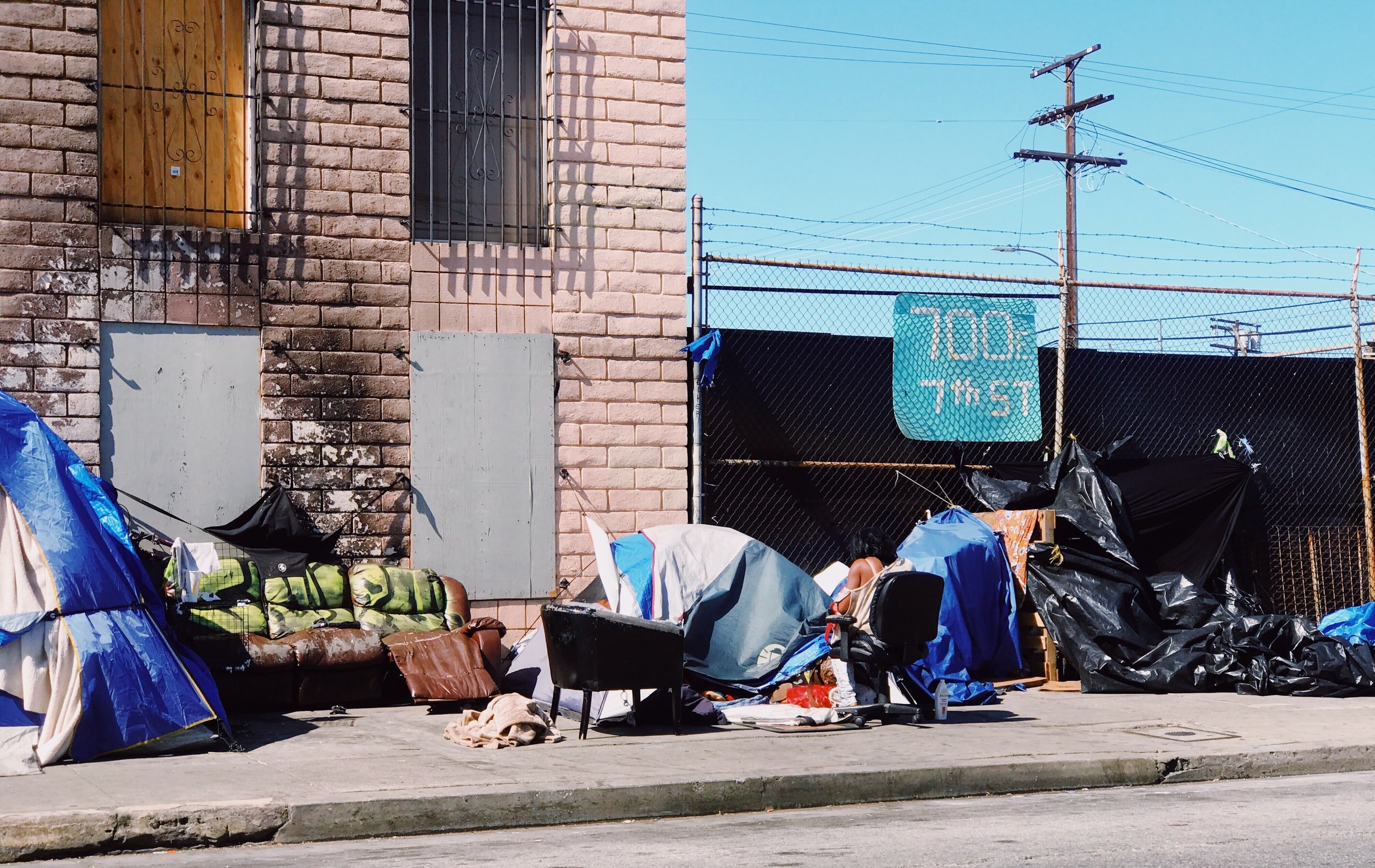
California’s Housing Crisis
Due to a lack of funding for affordable housing and homeless services,
California is confronting an unprecedented housing and homelessness crisis.
Over 187,000 individuals in the state of California are currently experiencing homelessness.
California’s Corporate Loophole is making our homeless crisis worse.
California has 12% of the overall U.S. population, but about 24% of the nation’s homeless population. This percentage is only growing. In 2024, homelessness hit a record high in California. Between the years 2018 and 2020, California’s homeless population grew by an alarming 24.3%. In San Francisco alone, there are an estimated 405 unhoused families, while 1,196 minors remain homeless.
The increasing number of unhoused individuals in California demands a structural change to our property tax system. We need to close the corporate loophole, which is costing our local governments $17 billion a year.
With billions more in funding, local governments could provide affordable housing assistance alongside services to treat mental illness, substance abuse, and domestic violence.
Our local governments don’t have the resources they need to fund affordable housing.
The statewide shortage of affordable housing has endangered low-income Californians, many of whom are at immediate risk of homelessness. This is unacceptable.
In 2020, only 37% of homeless Californians were able to gain permanent housing.
Less than 30% of Californians can afford a median-priced home.
In 2022, the median sales price for homes was 5.3 times the median household income.
Over 1 million low-income Californians pay rent that is more than 1/3 of their income.
Over the past five years, rent has risen by 18%, outpacing inflation.
In order to afford rent, the average California renter must earn nearly 2.8x the state minimum wage.
Closing the corporate loophole will incentivize better land use decisions.
Closing the corporate loophole will encourage the development or sale of underutilized commercial land by raising property taxes and making it more costly to do nothing with the land. With more funding, true structural change can happen with significant, targeted investment in affordable housing and increased funding for local governments.




